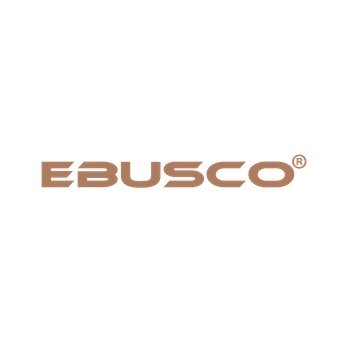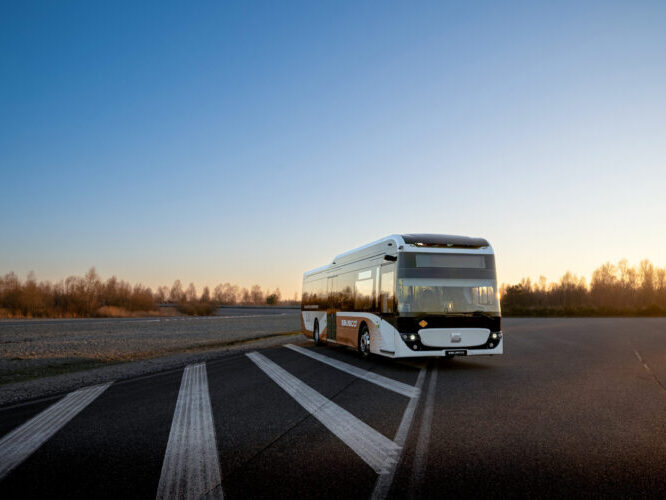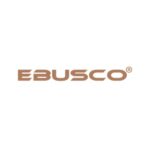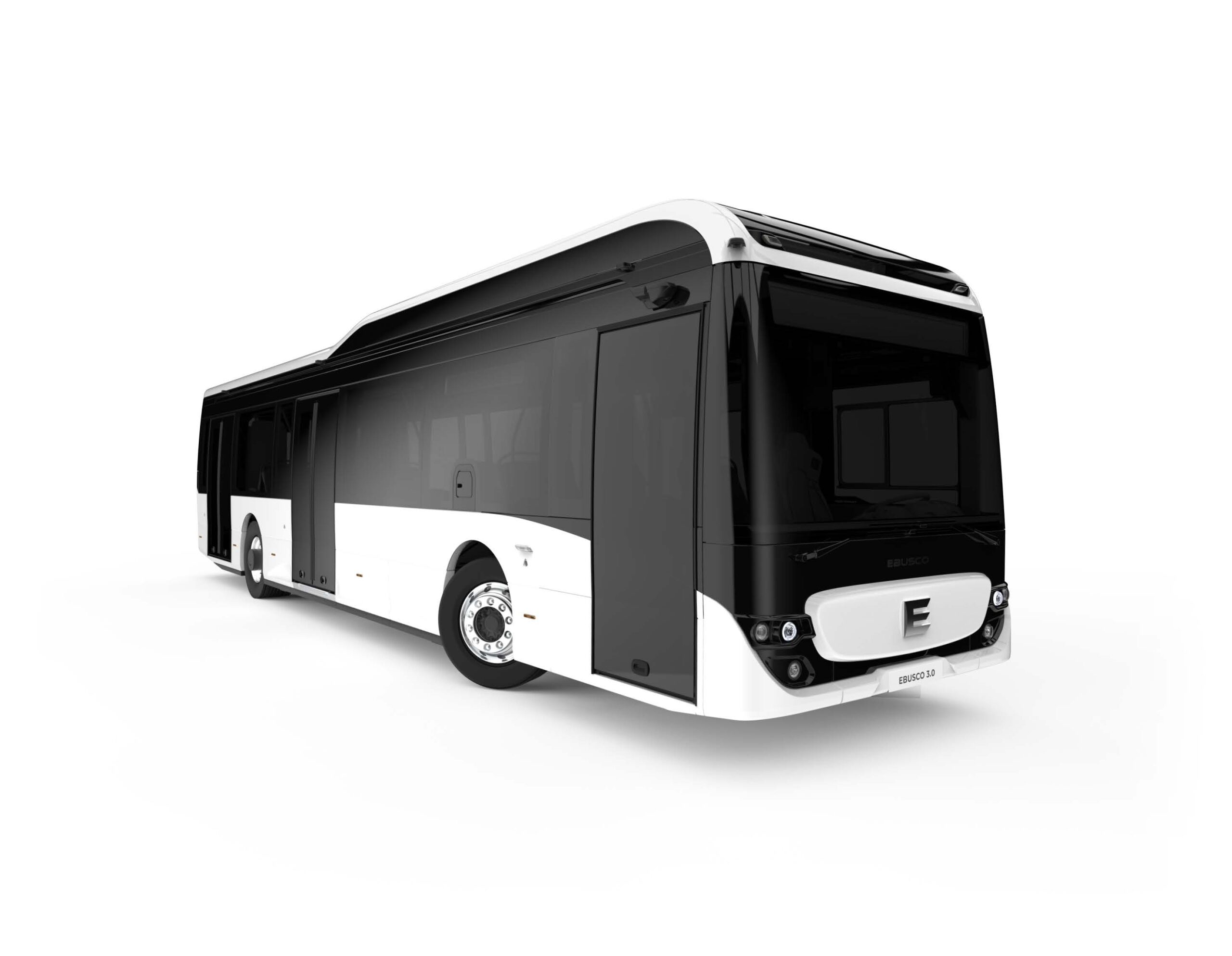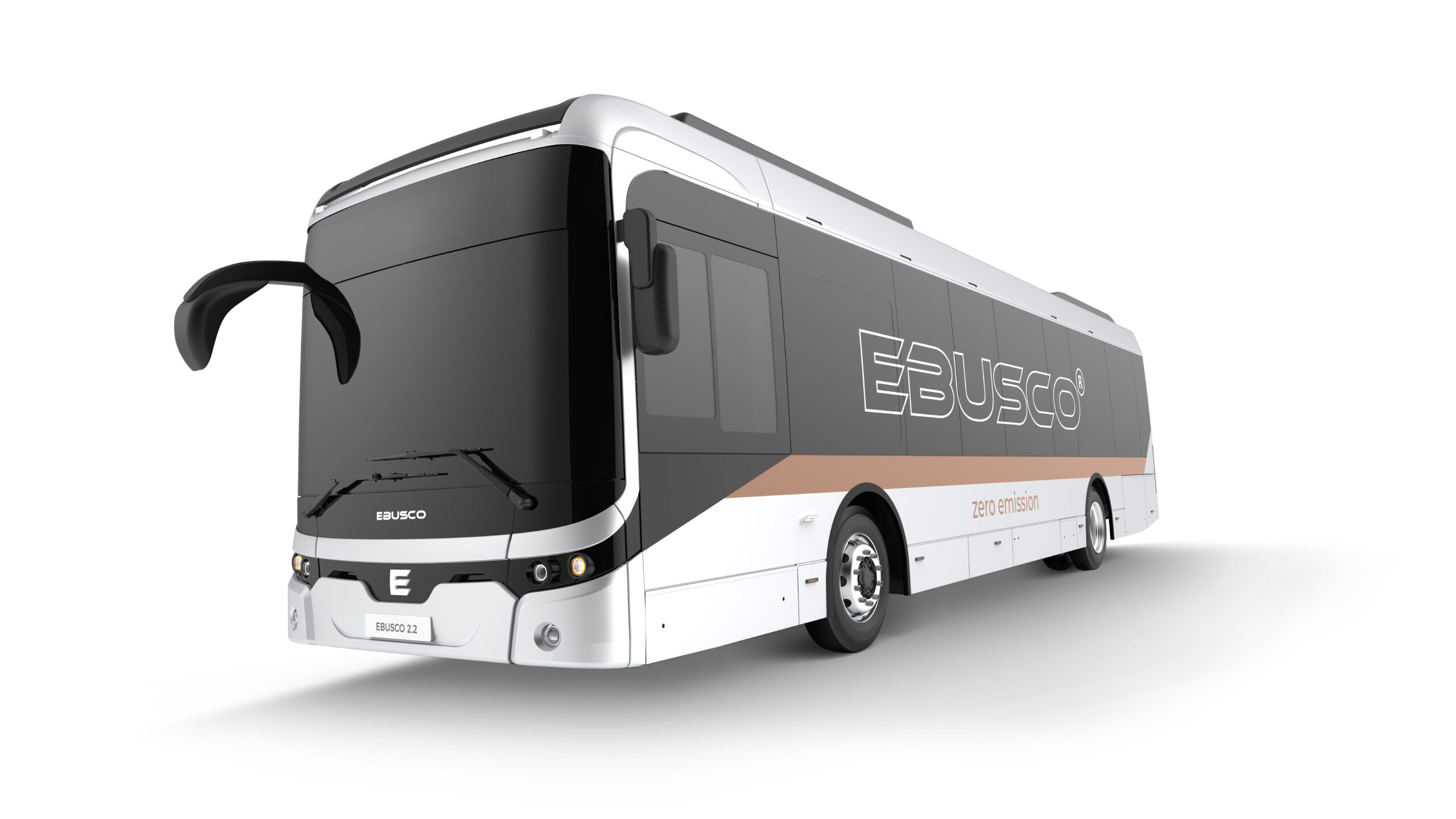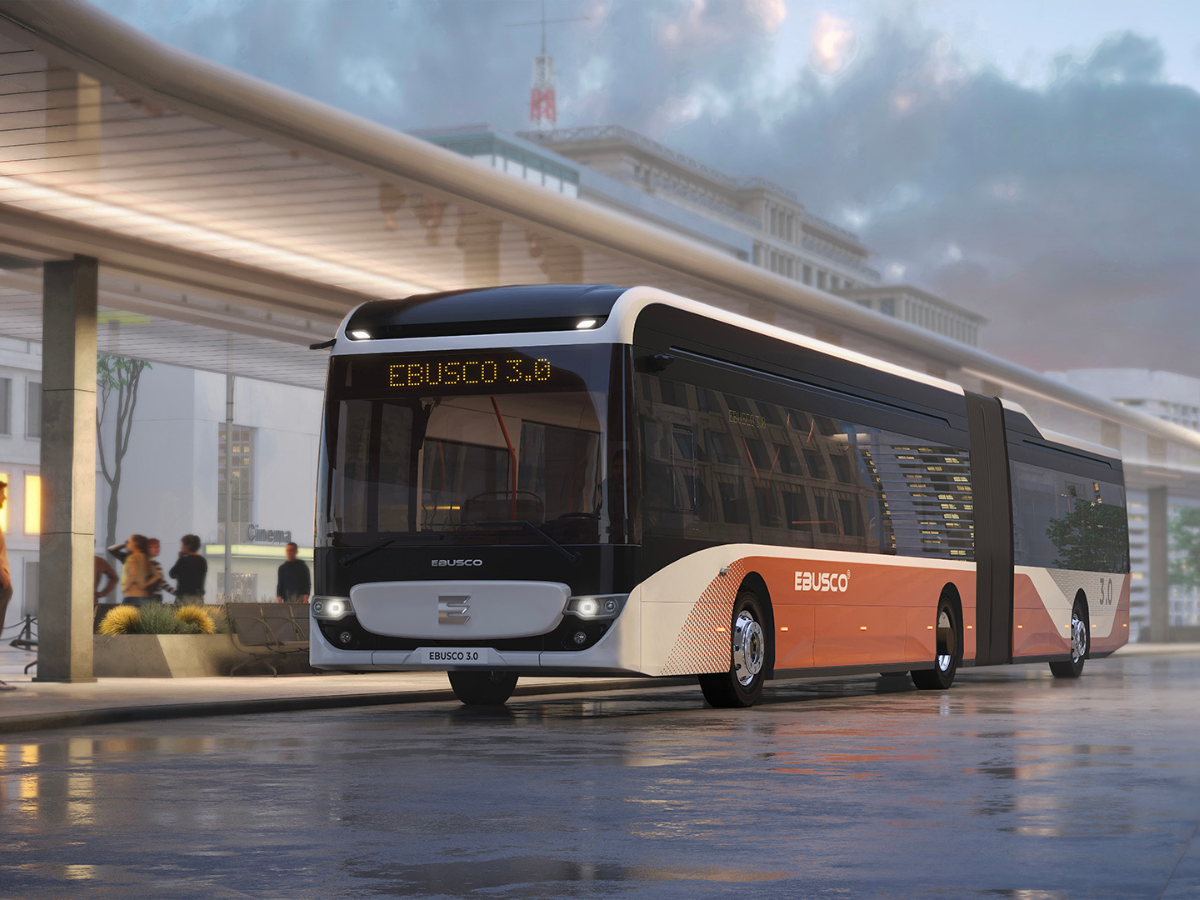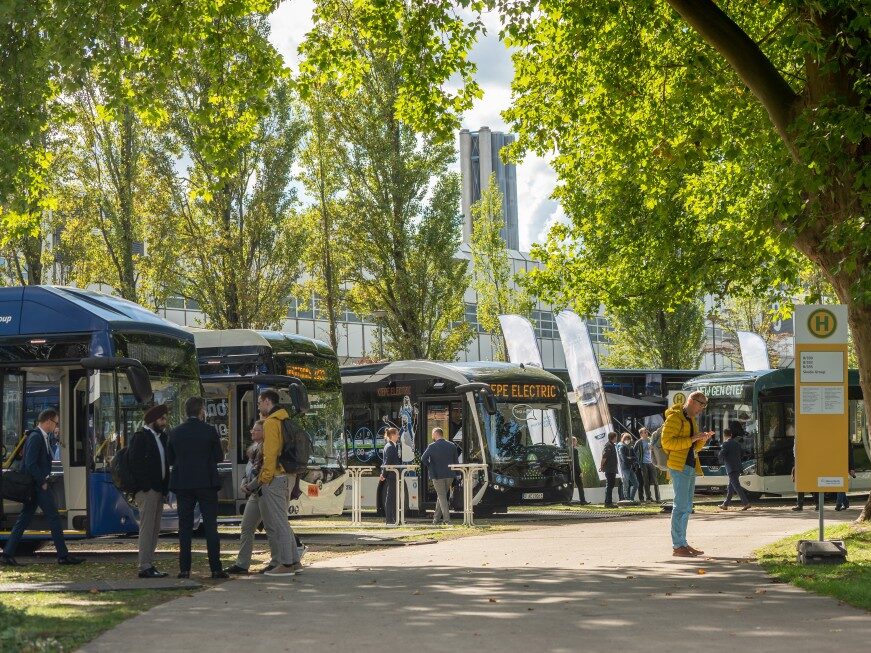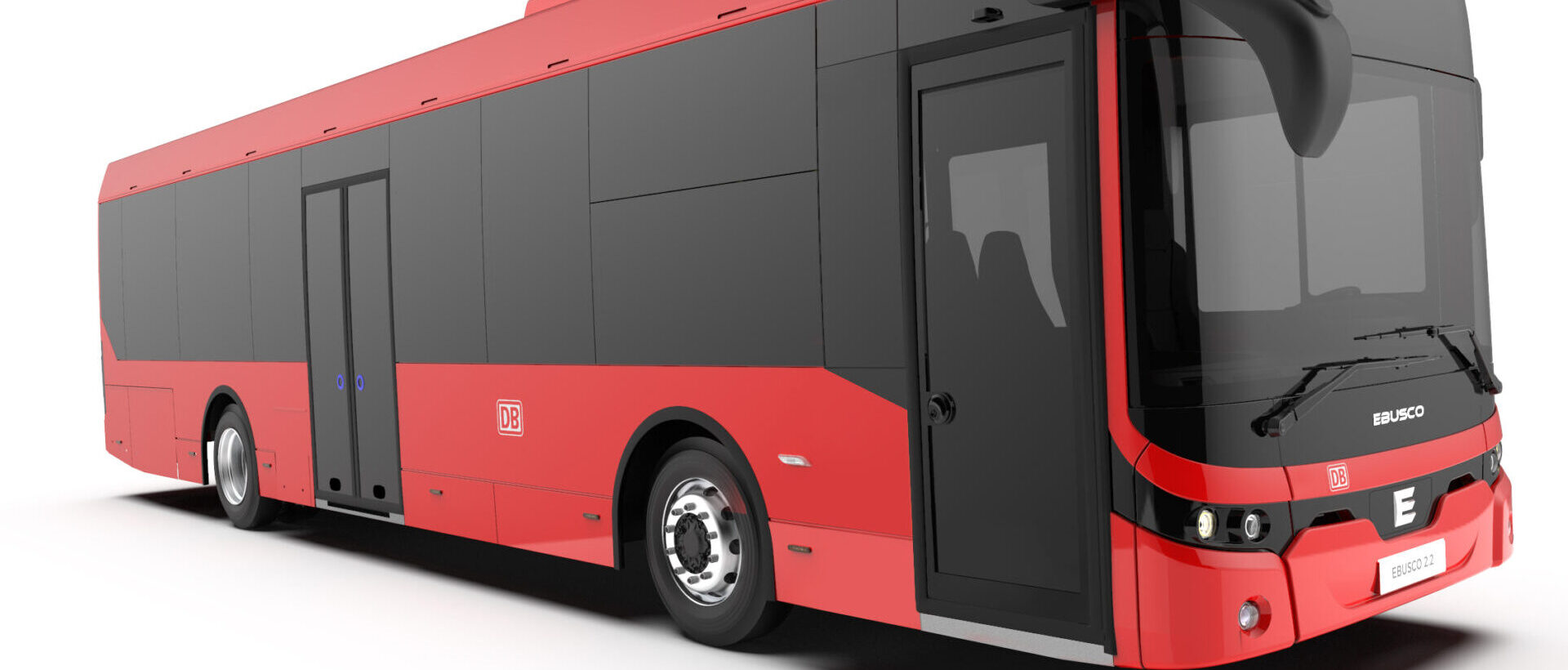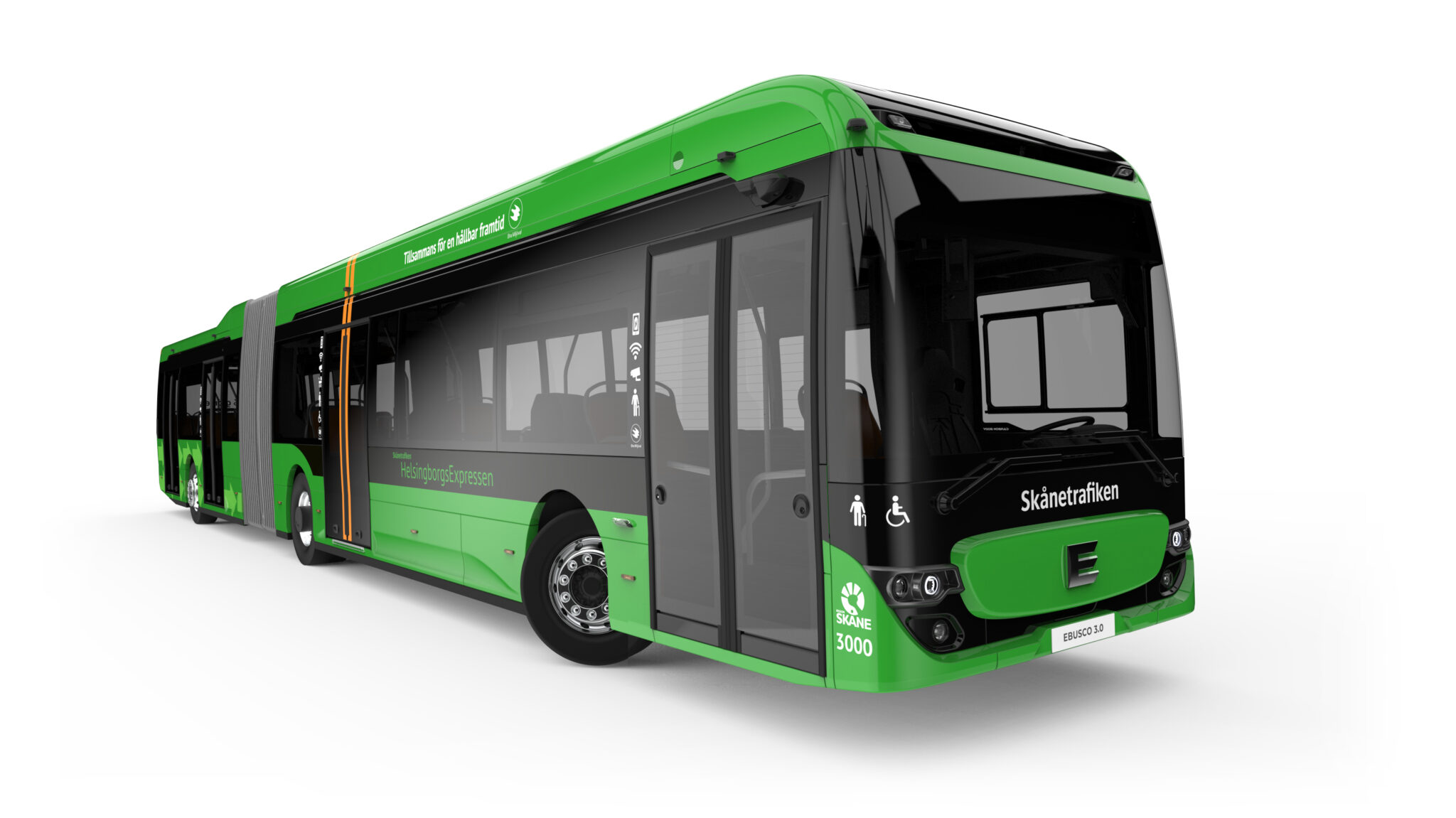Measuring the Carbon Footprint from Cradle to Grave
For many years, the transition to electric buses was hindered by the additional costs that electric driving would bring. Therefore, Ebusco focused on designing a bus that is economically beneficial, hence the success of the Ebusco 2.2. However, with the Ebusco 3.0, the concept extended beyond cost savings. The goal for this model was to create the lightest possible electric bus to reduce overall energy consumption. While this approach directly reduces operational expenses, we should not forget that the environmental benefits of this approach are equally important if not more important.

To clearly understand the sustainable benefits of the Ebusco 3.0, a Life Cycle Assessment (LCA) was conducted. LCA is a standardized model approach, designed to quantify the carbon footprint of a product or service throughout its entire life cycle, from cradle-to-grave. The LCA is divided into three main stages: upstream, core, and downstream. Each stage represents a distinct phase in the product’s life cycle.
1. Upstream
The upstream stage involves all processes and activities that occur before the manufacturing of the product. This includes:
- Resource Extraction: Mining, drilling, and harvesting raw materials.
- Material Production: Refining, processing, and manufacturing intermediate materials like metals, plastics, and chemicals.
- Transportation: Shipping raw and intermediate materials to manufacturing facilities.
2. Core
The core stage encompasses the actual manufacturing processes that convert raw materials into finished products. This stage includes:
- Manufacturing: The production process, including assembly, machining, and packaging.
- Energy Use: The consumption of electricity, fuel, and other energy sources during manufacturing.
- Waste Generation: The creation of waste materials, including scrap, emissions, and wastewater.
3. Downstream
The downstream stage covers the post-manufacturing activities and include:
- Distribution: Transportation of finished products to retailers and customers.
- Use Phase: The consumption of energy and resources during the product’s use, including maintenance and repairs.
- End-of-Life: Disposal, recycling, or repurposing of the product at the end of its useful life.
Ebusco 3.0 Assessment
Driving electric is the first step towards sustainable solutions, but studies show that the power sector is the biggest emitter from all sectors, responsible for about 40% of total global energy-related CO2 emissions. When it comes to electric vehicles, it is therefore crucial to focus not only on direct emissions, such as those of vehicles themselves, but also on indirect emissions like energy generation for electric driving. By reducing energy consumption, we can positively impact the environment by eliminating vehicle emissions and decreasing overall energy use.
The Life Cycle Assessment (LCA) for the Ebusco 3.0 revealed that the use phase has the most significant impact by far. While it is often expected that the materials and processing stages would be the most impactful, it is essential to note that most buses operate for 10 years, consuming resources throughout this period. The LCA result demonstrates that the impact of resource use, particularly energy consumption, is much greater than that of the materials used to construct the bus.

Learn more about the LCA here.
The lightweight design of the Ebusco 3.0 is therefore not only economically advantageous but also environmentally beneficial. Due to its lightweight structure, the bus consumes significantly less energy, resulting in a much lower overall energy usage (kWh) throughout its lifecycle compared to other electric buses. Ebusco is therefore not only positively contributing to the sustainability goals by providing electric buses but also by offering the most efficient electric bus available.
We’ve made the first move toward sustainable transportation. Let’s continue this together and take the next step to make an even bigger impact!
This article was originally published by Ebusco.


